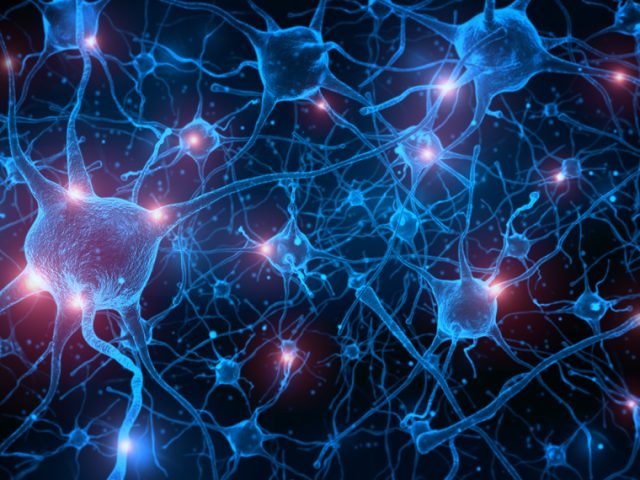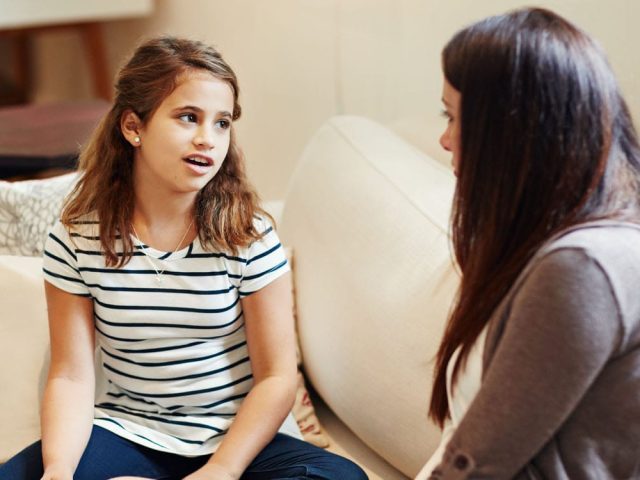Stay informed on the latest psychology and neuroscience research—follow PsyPost on LinkedIn for daily updates and insights. Many social media users condemn celebrities who cheat on their partners, yet new …
 Social Psychology
Social PsychologyNot bothered by celebrity infidelity? This psychological trait might be why
 Mental Health
Mental HealthUnderstanding “neuronal ensembles” could revolutionize addiction treatment
Everyday human behavior is guided and shaped by the search for rewards. This includes eating tasty meals, drinking something refreshing, sexual activity and nurturing children. Many of these behaviors are …
 Mental Health
Mental HealthGenetic factors may influence how well exercise buffers against childhood trauma
Stay informed on the latest psychology and neuroscience research—follow PsyPost on LinkedIn for daily updates and insights. A new study published in the Journal of Psychiatric Research suggests that exercise …
 Mental Health
Mental HealthTips for parents in talking with your kids about your partner’s mental illness
Since the mid-1990s, researchers have been studying Adverse Childhood Experiences (ACEs), defined as preventable and potentially traumatic experiences occurring before age 18. Examples of these experiences include abuse, neglect, family …
 Mental Health
Mental HealthSubjective cognitive struggles strongly linked to social recovery in depression
Stay informed on the latest psychology and neuroscience research—follow PsyPost on LinkedIn for daily updates and insights. A longitudinal study of individuals with major depressive disorder in China found that …
 Cognitive Science
Cognitive ScienceNew study suggests AI might be hurting your brain’s ability to think
Since ChatGPT appeared almost three years ago, the impact of artificial intelligence (AI) technologies on learning has been widely debated. Are they handy tools for personalised education, or gateways to …
 Social Psychology
Social PsychologyPeople who think “everyone agrees with me” are more likely to support populism
A new study published in Political Psychology suggests that people who overestimate how many others share their political views are more likely to hold populist attitudes and mistrust democratic institutions. …